
Krista L. Lanctôt, PhD, professor of psychiatry and pharmacology at the University of Toronto, talked about findings from a recent post hoc analysis presented at CTAD 2024 on nabilone for agitation in Alzheimer disease.

Krista L. Lanctôt, PhD, professor of psychiatry and pharmacology at the University of Toronto, talked about findings from a recent post hoc analysis presented at CTAD 2024 on nabilone for agitation in Alzheimer disease.

The vice president of scientific engagement at the Alzheimer's Association discussed advancements in blood biomarker tests, their use in specialty care, and the development of clinical guidelines for broader integration.
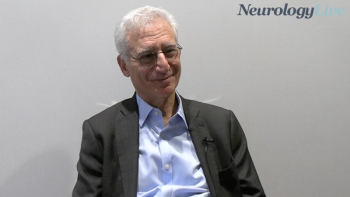
The cofounder and chief science officer of the Alzheimer's Drug Discovery Foundation highlighted the critical role of collaboration and innovative diagnostics for advancing Alzheimer disease care. [WATCH TIME: 4 minutes]

Jessica Langbaum, PhD, the senior director of research strategy at Banner Alzheimer’s Institute, discussed the challenges and opportunities in improving diversity in Alzheimer disease clinical trials.
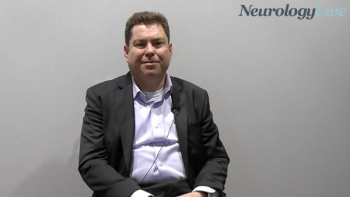
The professor of neurology and radiology at University of California, San Francisco, discussed the potential of blood-based biomarkers in Alzheimer treatment eligibility, highlighting current limitations and the importance of safety monitoring. [WATCH TIME: 7 minutes]

The associate professor of neurology at Georgetown University provided clinical insight on the origins of nilotinib and its medicinal promise in treating patients with Dementia with Lewy bodies, a neurodegenerative disorder.

The professor of neurology and radiology at University of California, San Francisco talked about how the new appropriate use recommendations of donanemab aims to safely integrate this anti-amyloid antibody into the clinical practice. [WATCH TIME: 7 minutes]
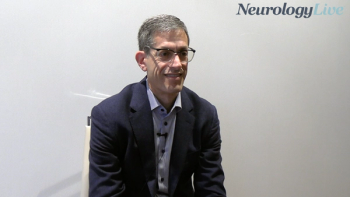
The CEO at C2N Diagnostics talked about the clinical utility of the company’s PrecivityAD2 test, which uses the p-tau 217 biomarker and amyloid-β measurements, to increase diagnostic confidence and influence treatment decisions in Alzheimer disease. [WATCH TIME: 7 minutes]
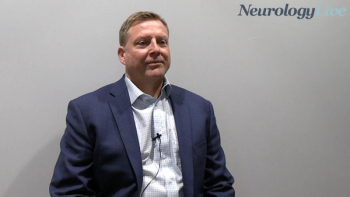
The chief operating officer at Quanterix Corporation talked about pioneering ultra-sensitive blood biomarkers for Alzheimer clinical diagnosis, aiming to enhance detection of brain-derived tau and amyloid status with innovative assays. [WATCH TIME: 4 minutes]
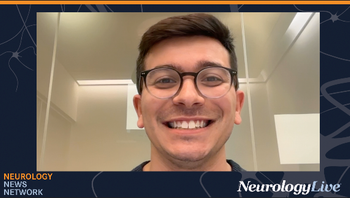
Neurology News Network. for the week ending November 9, 2024. [WATCH TIME: 4 minutes]
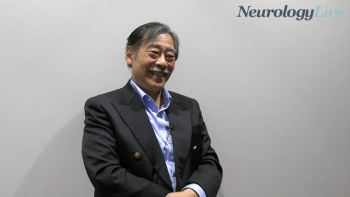
The professor of neuropathology at the University of Tokyo School of Medicine talked about the latest data on lecanemab use in clinical practice for Alzheimer disease in Japan presented at CTAD 2024. [WATCH TIME: 4 minutes]
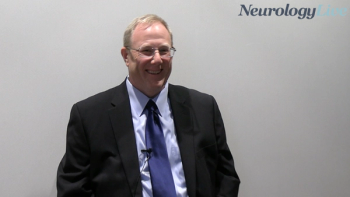
The head of global clinical development for immunology/bone at UCB talked about findings presented at CTAD 2024 from the phase 2 trial assessing bepranemab in Alzheimer disease. [WATCH TIME: 3 minutes]
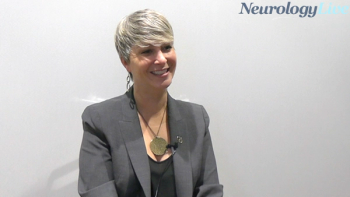
The vice president of scientific engagement at the Alzheimer's Association talked about the emergence of blood biomarker tests as valuable diagnostic tools for Alzheimer disease in the clinical setting. [WATCH TIME: 5 minutes]

The cAPPricorn-1 Phase 2 trial will assess mivelsiran’s efficacy in CAA, focusing on reducing the annualized rate of new cerebral microbleeds over 24 months.
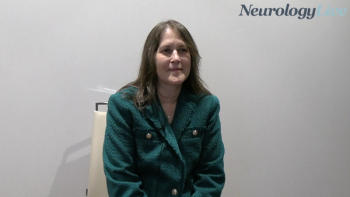
The professor of psychiatry and pharmacology at the University of Toronto talked about results from a post hoc analysis presented at CTAD 2024 that explored synthetic cannabinoid nabilone for agitation in Alzheimer disease. [WATCH TIME: 4 minutes]
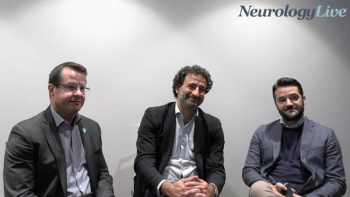
A trio of experts from Sinaptica Therapeutics talked about recent findings presented at CTAD 2024 from a study assessing personalized transcranial magnetic stimulation in patients with Alzheimer disease. [WATCH TIME: 5 minutes]

Over a 48-week treatment period, once daily blarcamesine slowed clinical decline in patients with early-stage Alzheimer disease, with even more pronounced effects in pre-specified common SIGMAR1 wild type group.

At week 25 of treatment with trontinemab, patients demonstrated decreases in CSF total tau, CSF p-tau181, and CSF neurogranin.
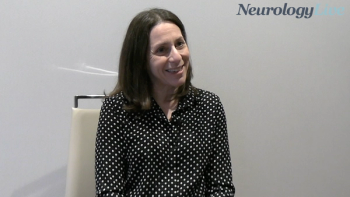
The senior director of research strategy at Banner Alzheimer’s Institute talked about improving clinical trial diversity through removal of logistical barriers, creating inclusive outreach strategies, and designing trials that address the unique needs of underrepresented populations. [WATCH TIME: 5 minutes]
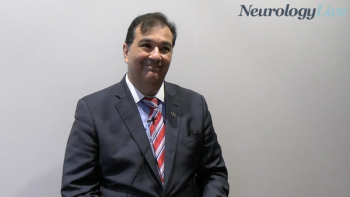
The director of the Banner Sun Health Research Institute talked about how the newly approved Alzheimer treatments have shown promise in slowing clinical decline, signaling a foundational shift toward disease-modifying therapies that target core biological processes. [WATCH TIME: 5 minutes]

Over a 24-week period, comprising both the core study and extension trial, the incidence of treatment-emergent adverse events was infrequent, with less occurring over the long-term extension.
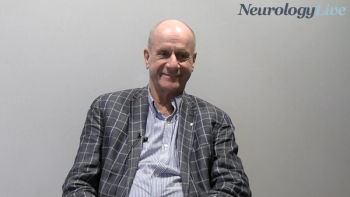
The professor of molecular geriatrics at Uppsala University talked about the research journey that led to the development of targeted antibody therapies for Alzheimer disease and emphasized the need for early diagnosis. [WATCH TIME: 5 minutes]
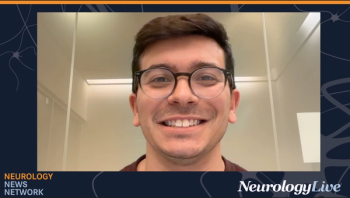
Neurology News Network. for the week ending November 2, 2024. [WATCH TIME: 4 minutes]
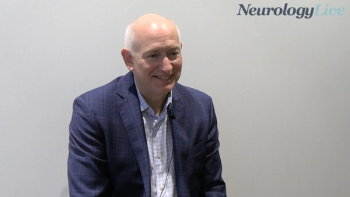
The chair of psychiatry at Tufts University School of Medicine talked about a recent study that suggested synthetic tetrahydrocannabinol could reduce agitation in patients with advanced Alzheimer disease. [WATCH TIME: 5 minutes]
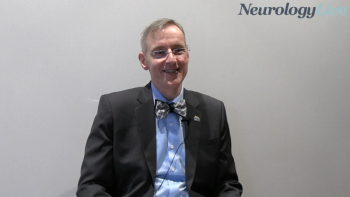
The senior clinical research scientist at Acumen Pharmaceuticals talked about the company's approach to refining Alzheimer screening by implementing plasma p-tau 217 biomarkers. [WATCH TIME: 5 minutes]

LX1001, an AAV gene therapy, was considered safe and well tolerated, with no events of amyloid-related imaging abnormalities (ARIA) observed.
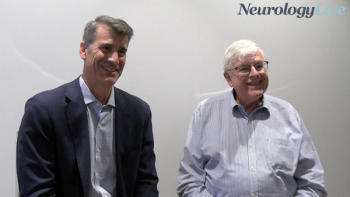
The head of dementia research at Austin Health and the chief medical officer at Cognition Therapeutics talked about recently presented phase 2 findings on CT1812, an investigational medicine for patients with mild to moderate Alzheimer disease, at CTAD 2024. [WATCH TIME: 5 minutes]

In total, more than half of the screened population failed by not meeting plasma p-tau217 criteria and of the remaining, most participants were not in the intermediate tau PET range.

The cofounder and chief science officer of the Alzheimer's Drug Discovery Foundation talked about how Alzheimer disease treatment may evolve through combination therapies, adding potential anti-tau and anti-inflammatory agents to improve patient outcomes. [WATCH TIME: 5 minutes]

Insulin treatment significantly increased beneficial plasma biomarkers, including SNAP25, SMOC1, BDNF, and VCAM1.